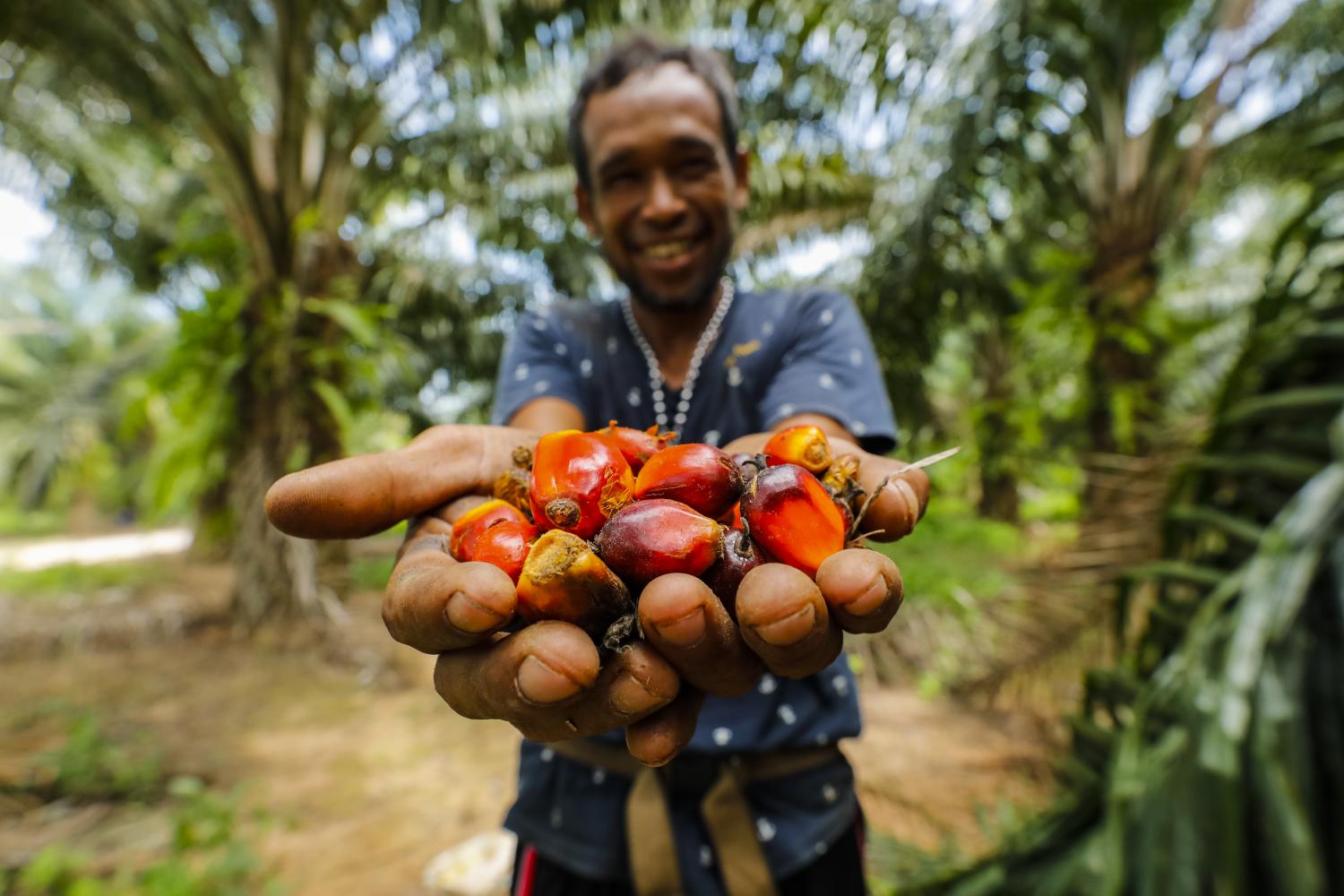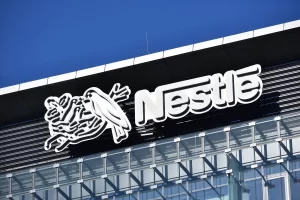Palm oil is used everyday in many households for cooking; it is a product that has been around for a very long time, and is important in meeting the standard food nutrients useful for human growth.
It is also considered as one of the commodity constantly in high demand in Nigeria. There is never a time it wouldn’t be a hot cake in the market and it is consumed at the same rate as rice and garri. Red palm oil is natural oil extract from palm three fruit.
According to a recent study, replacing rainforests with oil palm plantations releases 61% of the carbon stored in the forest, mostly into the atmosphere. Each hectare of rainforest converted releases 174 tons of carbon. Palm oil production has been associated with corruption, forced evictions and land-grabbing. It has sparked conflict with local communities, including indigenous peoples. There have also been serious concerns about forced labour, child labour and violations of worker rights on some plantations.
The palm oil industry may not only be beneficial to the local economy, it may also contribute to higher tax revenue. Some oil palm farmers do not have access to subvention or soft loans from the federal government despite palm oil being among the mandate crops of the federal government’s Anchor Borrowers’ Programme (ABP).
Using palm oil for cooking has greater health benefits over the vegetable oil as it is said to have high concentration of vitamin E in the finest proportion. Your body tends to get better health benefits as a result of the vitamin E present in the red palm oil rather than taking a commercial vitamin E capsule. It is also rich in carotene and possess strong healing power.
Factors To Consider Before Starting Palm Oil Business In Nigeria
You will need a shop or any safe place for storage. If you have your own house, that will be nice, just dedicate one room for storage. However, it will be better if you can rent a shop specifically for it preferably near the market.
There are many places you can get palm oil very cheap and in great quantity in Nigeria. It is available in bulk in various parts of Ondo State.It is also available in Edo State but the king of original, high quality palm oil is Ebonyi State.Travel round the states and source from the various local markets and local palm oil processors.
If you have your own truck or van, that will be fantastic but if not, you’d have to make do with hiring. Buy everything you want to buy, get a truck to transport it to your base and store it in your shop.
Wait until the price goes up then you open your shop and sell at a very good price. It is a perfect way to invest money instead of keeping it to the bank with peanut paid as interest on fix deposit. It is like buying property and reselling at higher prices later.
Palm Oil Plantation
A matured plantation will annually start producing “4 Tonnes’ ‘per hectare of red palm oil from the fourth year after planting. 20 metric tonnes of oil can be obtained annually from 4 hectares(10 Acres) plantation. A tonne of red palm oil sells for a minimum of N2,400,000. Gross revenue of 12 Million is obtained from red palm oil.
You can also get 2.31 metric tonnes of palm kernel per hectare. This gives us 9.25 tonnes from 4 hectares(10 acres). This translates to annual income of N5.550 million.
Total income realizable is about N17.550 million while the annual operating expenses is put at N5 million. This leaves you with a net income of N12.550 million annually for you as the investor for the rest of your life.
There are still other sources of income such as palm fronds and palm kernel shells
Investors are to note that the market is already eagerly waiting for you to bring in your finished goods regardless of how large the quantity is. The investors are fully welcome to be assisted in the realization of the worthwhile investment.
To get cheap palm oil in Nigeria, you can check some of these markets: Orieagu market; eke opuma market; Orlu Market; Eke Obodoukwu Market (Ideato North); Eke Oha Market Onicha (Ezinihitte, Mbaise); Nwaorieubi Market ; Eke Opuma in Imo State.
Other places include;
• Nkwo Mmahu
• Afor-ajala market
• Orie Abacheke
• Mission Market Ezedibia
• Eke Umuagwo
• Ukwarasu Maket
• Nkwo Amafor
• Obinze Vegetable Market
• Ahia Mgbirichi
• Eke Oforola market square
• Orie Umuokanne
• Nkwo Ihitte Market
• Ahia Ohoda
• Afor Inyishi (Ikeduru)
• Nkwo-Idemiri Amankwo Ebenator




